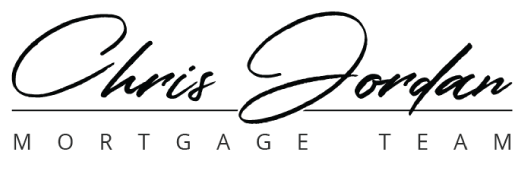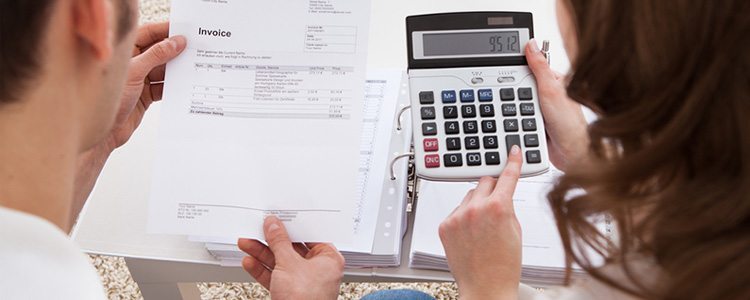Closing Costs Explained
Closing costs consist of all of the transactional costs that someone would pay when purchasing or refinancing a home. Overall, the costs are much lower during a refinance as many of the costs are not required.
The closing costs could be categorized into four categories, which include lender fees, title fees, state/county/city fees & misc. costs.
Lender Fees: Every lender is different, but the main fees you would typically pay for with any lender would likely include the following:
Appraisal fee, credit report fee, tax service fee, underwriting, or processing fee.
Additional fees might include origination fees, discount points, fraud report fees, final inspection fees on appraisals, DU/LP fee, etc. Lender related fees on a purchase would typically range from $1000-$1600 in the DMV area, assuming you’re not paying any extra points to buy down your rate.
Title Company Fees: Every title company is different, but the main fees would you typically pay for would include the following:
Attorney fee, closing fee, abstract fee, title binder, endorsement gap letter, processing fee, courier fee, and lenders title insurance. The owners and lenders title insurance can range greatly in cost since they are tied to the value of the home, however, the other associated fees can range from $600 – $1500 on average.
State/County/City fees: Transfer and recordation costs are paid to the local government, but these costs can be different in every county or city. These fees are also based on the value of the home as well, so these can change greatly from one home to the next. Recording fees are also specific to the area, but they typically set and based on type of transaction and the number of liens being recorded.
Miscellaneous Fees: These fees can be totally different from place to place and with different types of real estate, but they could include the following:
Realtor admin fee, owners title insurance (optional), survey (optional), condo or HOA setup fee, termite inspection fee, or power of attorney fees. The total costs of the miscellaneous fees can range greatly from property to property, but can be as little as $500 in some cases.
Escrows explained
An escrow account is like a checking account held and managed by the mortgage servicer for the sole purpose of paying your upcoming bills. The most common bills included as part of the escrow account are property taxes and home owners insurance.
Property taxes in the DMV area are paid two times per year (at different times in different areas), so all year around, the mortgage servicer must make sure that there are enough funds in your escrow account to pay for the next upcoming property tax bill.
Home owners insurance is similar; however, home owners insurance is an annual bill. All homes are required to carry home owners insurance all year around.
Additional escrow costs might include mortgage insurance (if your mortgage requires it), front foot or local government fees, ground rent fees, and some association fees that are paid to the state, city or county.
Both property taxes and home owners insurance have the ability to go up or down from year to year based on the value of the home. As these bills change, your lender is required to do an escrow analysis. If your escrow has a shortfall, you’ll be required to pay extra each month until you catch up and inversely, you’ll receive a refund if your escrow analysis shows a surplus.
Prepaid Expenses
Prepaid expenses on a purchase include per diem interest (interest per day), property taxes, home owners insurance (hazard insurance) and miscellaneous association fees.
Per diem interest is the interest due per day on your mortgage from the day of settlement through the end of the first month. By closing on the last day of the month, your per diem interest due would be just one day and then your first mortgage payment would be due approximately 30 days later. If you were to close in the middle of the month, your per diem interest due at closing would be around 15 days, but then your first mortgage payment would be closer to 45 days away.
Property taxes collected at closing are dependent on when the next property tax bill is due and how many mortgage payments you would have made before the lender would need to submit payment for that tax bill.
Home owners insurance is required to be paid in full at settlement, so your first years premium (12 months) is collected at closing, plus another few months worth to go into your escrow account initially to make sure there is enough for the bill due the next year. By the time the next years bill is due, you may have only made 10 payments, so the difference is collected upfront at settlement.
Any additional local or association bills that the lender is required to escrow for would also be collected for upfront at settlement, based on the date of the first payment for those bills.
QUESTIONS?
Click HERE to connect with us, or to have us contact you
Curious if you qualify? – Call or email us directly, or Pre-Qualify Here
Call us at (240) 670-5090 or email us at CJMT@mainstreethl.com


